How Can I Reduce Energy Costs In My Retail Bank Branch
When you have to monitor over one hundred retail bank branches in your portfolio, it can be difficult to prioritize energy savings and, consequently, saving on energy bills. When you install new energy-efficient systems, you want to find systems that will produce the highest ROI. Installing smart lighting and HVAC systems will reduce your carbon footprint and your energy expenses while also collecting valuable data.
Smart Lighting Systems Use LEDs
LEDs produce less heat and therefore reduce energy usage. These IoT-based solutions also use sensors within the LED lights to communicate with other IoT devices, such as your HVAC system.
Older HVAC systems naturally expend more energy, so updating them will only improve your energy savings over time. Since the sensors within your LEDs and throughout your facility are in constant communication with your HVAC system, you’re able to more effectively monitor space utilization. When someone books a conference room but doesn’t show up, the sensors shut off or dim lights and also alert your HVAC system that the room doesn’t have to be heated or cooled.
Business Intelligence Grows Through Integrating IoT-enabled Technologies
Over time, your IoT lighting and HVAC systems learn your habits. In conjunction with daylight harvesting, your lights dim based on occupancy, weather, and time of day.
Much like a smart thermostat you would use in your home, commercial smart HVAC systems adjust based on your customers’ and employees’ habits. If a specific bank branch is typically busy around lunch time every day, the HVAC system will cool the lobby to ensure a comfortable temperature, even when there are lots of people around.
The additional advantage of energy cost reduction is energy reduction. These smart systems are energy-efficient and better for the environment. As the generational make-up of your consumer base shifts, sustainability and transparency are top priorities to attract younger, longer-term customers.
Check out this recent example from Rich’s Foods. Their new lighting system produced over $100 in savings each day.
Within the first week alone, they decreased energy expenditures by 30.48% on average.. By week four, they reached a 47.11% average. Because you’re able to receive data from the sensors, it also reveals how you can improve energy savings over time – a win-win for the environment and your wallet.
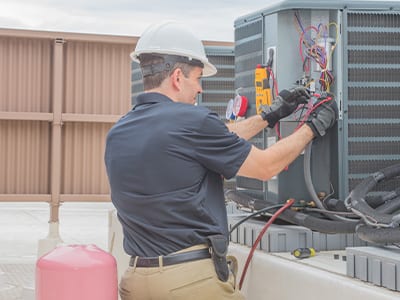


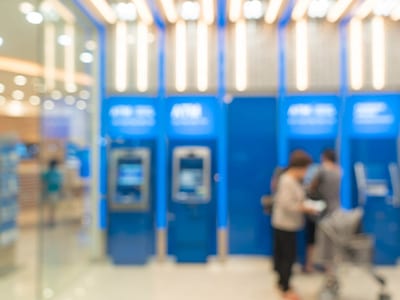


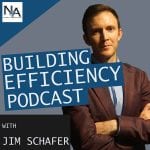

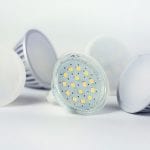
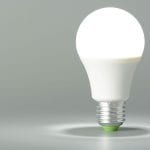
Recent Comments